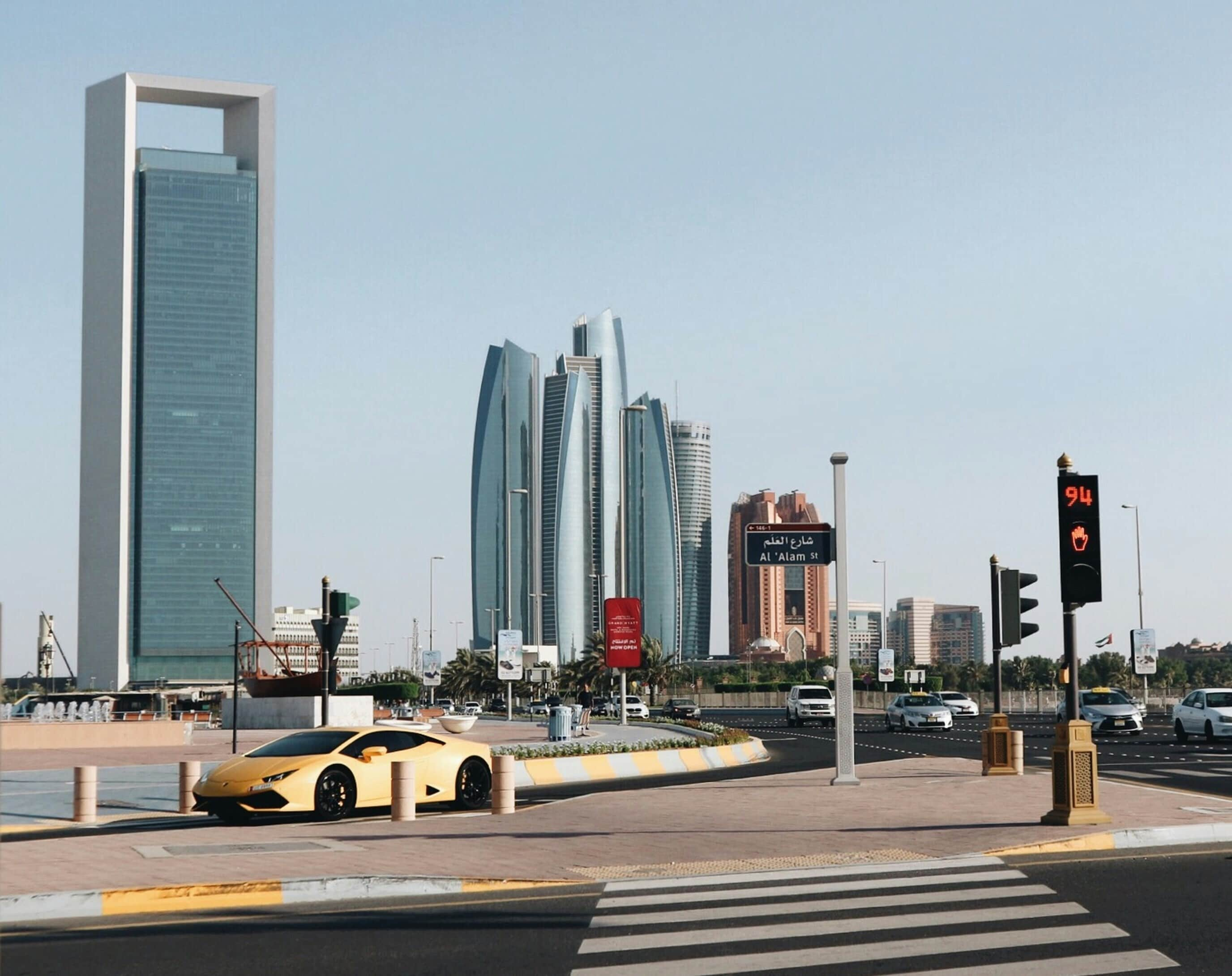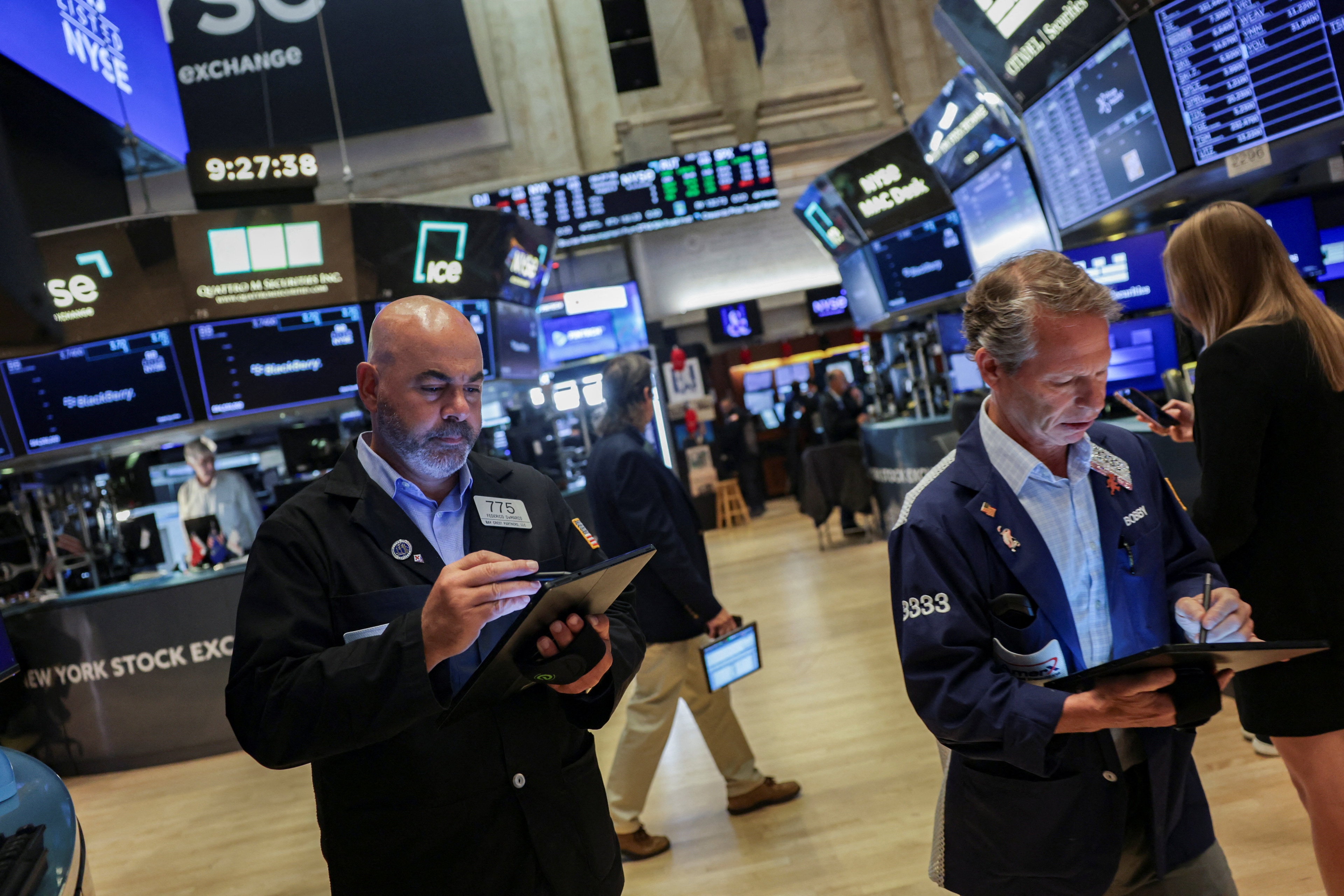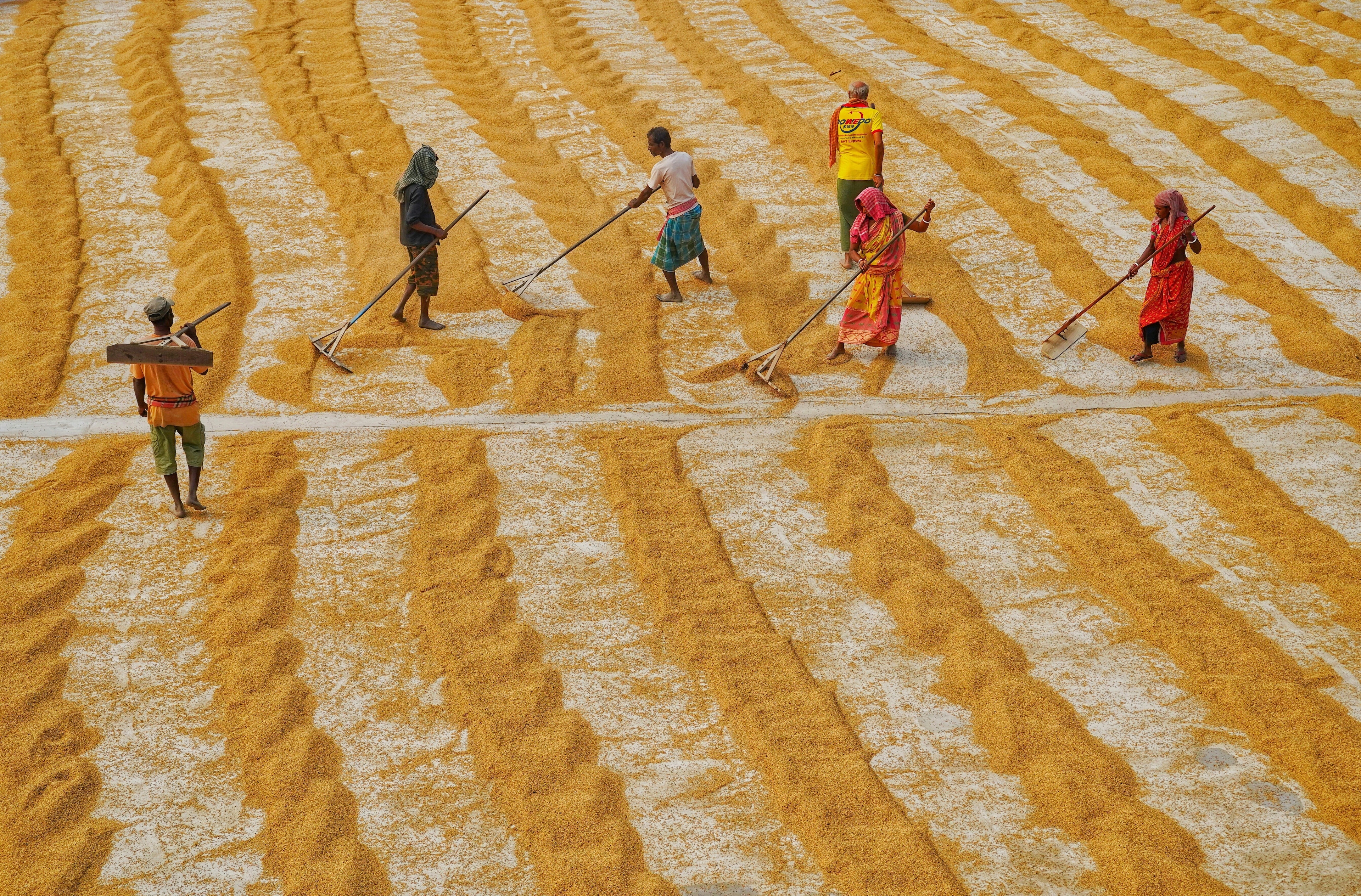How can Europe help migrants send money home?

Stay up to date:
Financial and Monetary Systems
This article is published in collaboration with Quartz Africa.
Each year, over $30 billion in remittances is sent to sub-Saharan Africa by some 30 million African migrants living in the diaspora. The cash transfers help households pay for housing, healthcare and education, boost foreign reserves, and even compose a significant part of the GDP in some countries.
But sending money home is expensive. The global average cost of sending a $200 remittance—in the second quarter of 2015—7.7% of the amount sent, according to the World Bank. The transaction costs rise to 9.7% for remittances to sub-Saharan Africa, the most expensive region in Africa for remittances.
European Union and African leaders have a plan to change this. When they meet at the Valleta Summit on Migration in Malta yesterday (Nov. 11) and today (Nov. 12), one of the proposals under discussion will be reducing the cost of sending remittances.
According to the Financial Times (paywall), it is expected that leaders from both continents will pledge to reduce the cost of sending remittances to “less than 3% of the total sent by 2030.”
Global remittance flows now surpass official development assistance (ODA) (pdf, pg. 3) from the developed world, proving to be a more stable external financial source than private capital.
A World Bank brief (pdf, pg. 7) on migration and remittances, released last month, shows how banks remain the most expensive channels to send remittances, despite a decline in costs in recent years. According to the World Bank, banks charged an average cost of 11% in the second quarter of 2015, while remittance transfers made through money transfer operators (MTOs) and post offices were cheaper—at an average of 6.6% and 5.1% respectively in the same quarter.
Publication does not imply endorsement of views by the World Economic Forum.
To keep up with the Agenda subscribe to our weekly newsletter.
Author: Sibusiso Tshabalala is Quartz Africa’s reporter in South Africa.
Image: A customer chands over money. REUTERS/Thomas Mukoya.
Don't miss any update on this topic
Create a free account and access your personalized content collection with our latest publications and analyses.
License and Republishing
World Economic Forum articles may be republished in accordance with the Creative Commons Attribution-NonCommercial-NoDerivatives 4.0 International Public License, and in accordance with our Terms of Use.
The views expressed in this article are those of the author alone and not the World Economic Forum.
Forum Stories newsletter
Bringing you weekly curated insights and analysis on the global issues that matter.
More on Financial and Monetary SystemsSee all
Lim Chow-Kiat
August 21, 2025
Dalal Buhejji
August 14, 2025
Hallie Spear
August 13, 2025
Sandra Waliczek
August 8, 2025
Rebecca Geldard
August 7, 2025
Aurora Matteini and Derek Baraldi
August 6, 2025






